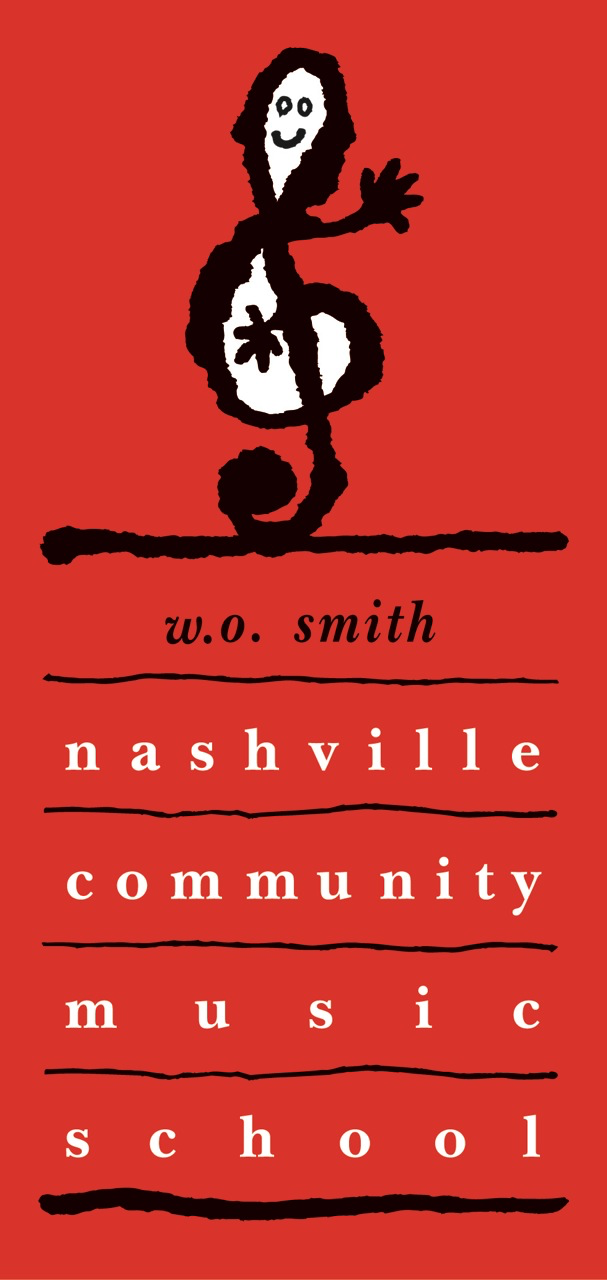Step three: So, you’re interested in one of the following degrees: Music Performance, education, therapy, composition, or theory - all of which will require an audition.
Let’s go over general audition prep/materials…
All music schools have their own specific materials and tests they’ll want you to show a panel of judges. Most colleges will make you take a music theory placement test and a piano proficiency test. Sometimes, these factors can add to your overall audition score, other times, they’re simply used for class placement.
Of the schools you’re interested in, have you looked at their audition requirements?
You can usually do this by:
Go to the college website —> look for the “academics” tab at the top.
Search until you find a specification that says one of the following: “school of fine arts,” “school of music,” or “music department.”
Within this, look for a heading or tab with “audition requirements” or “apply” to get to the audition requirements.
Do you have an idea of audition materials that you could use? Could you use some of the songs for several/all auditions? The less material you have to prepare, the better!
Instrumentalists - they will ask you to perform major and minor scales and arpeggios.
Vocalists - they will ask you to do call and response exercises, possibly ear training.
Do you need a pre-screen video?
Most schools now will require a pre-screen video. There is also may be an option to have a virtual audition at a scheduled time.
Pre-screen videos - these are videos that schools often require prior to an in-person/virtual audition. It is a way to weed out the number of auditions they will have to listen to. A pre-screen video is NOT the same as an audition, but you can often use the same materials for the actual audition.
Are there supplemental materials you’ll need?
Repertoire list - some schools will require you to put together a repertoire or experience list. This is very similar to a resume for music that lists the songs you’ve worked on or have memorized, music classes or ensembles you’ve taken, and major performances that you’ve been a part of.
Audition interview - often when you’re done with the audition portion, you will have a quick interview with the music faculty. They are likely to ask you what your musical aspirations are, what your music activities/involvement has been in high school, what your work ethic is like, etc.
Do you have any music theory, ear training, or sightreading knowledge?
If not, it’s time to get started!Try out this test to see where you might stand with music theory:
Join our Advanced Theory class at W.O. Smith - Thursdays 3:30-4:15p most semesters
Start working on theory & ear training materials via
More sightreading help - https://www.hoffmanacademy.com/blog/acquiring-fluency-music-becoming-great-sight-reader/
Piano proficiency - start working on your theory (notes on the staff), notes on the piano, and major scales. For those not majoring in piano, they will not ask you to do much more than that.
Here are a few extra resources to help you navigate music school auditions:
10 Tips for Acing Your College Music Auditions
Creating a College Audition Video (for pre-screening)
Sample of a music school audition (virtual)
**NOTE - this is NOT indicative of every music audition, but this will give you a general feel of what they may ask you to present on the spot.
Your final step
Schedule a meeting with W.O. Smith's staff so we can help you get started with this process!
Jordan Morrison - jordan@wosmith.org - specializes in music education, percussion performance, composition, jazz studies, and audio production.
Allyson McIntyre - allyson@wosmith.org - specializes in music theory, piano performance, piano pedagogy, and composition.
Anna Arata - anna@wosmith.org - specializes in vocal performance, jazz studies, and musical theater.





